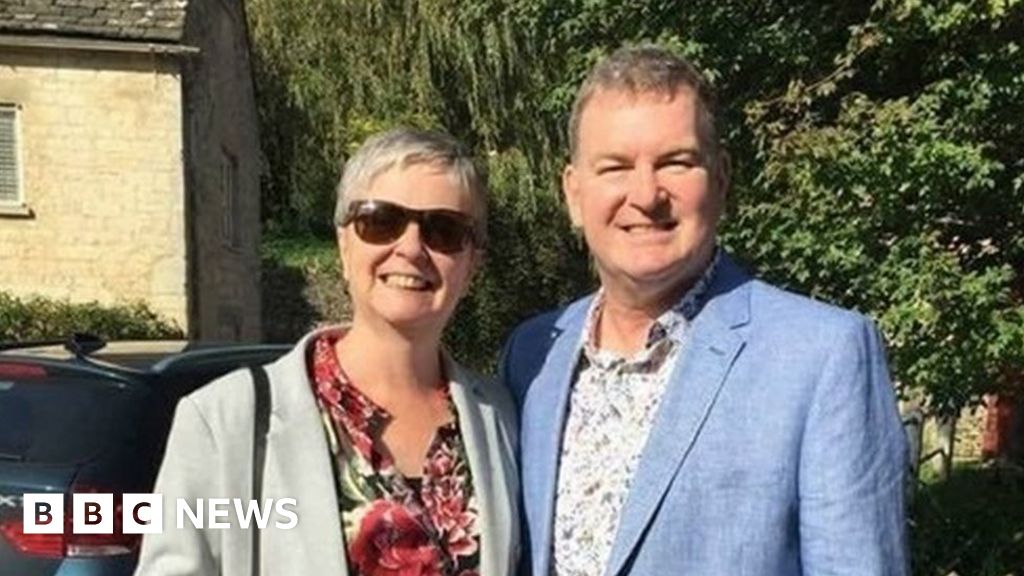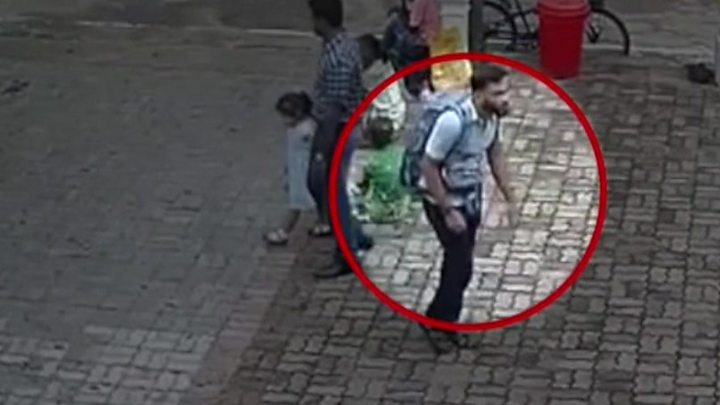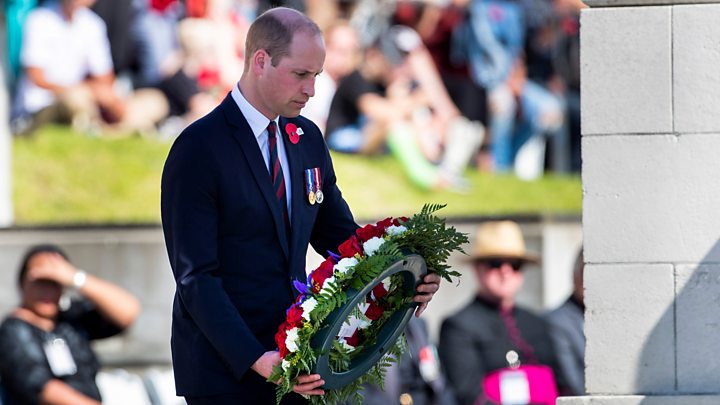
The UK is advising against all but essential travel to Sri Lanka after the Easter Sunday bombings in which more than 350 people died.
The Foreign Office says terrorists are very likely to try to carry out indiscriminate attacks there, including in places visited by foreigners.
Eight Britons were among those killed by suicide bombers at churches and top-end hotels in the Sri Lankan capital Colombo, Negombo and Batticaloa.
More than 500 people were injured.
BBC diplomatic correspondent James Robbins said the government was now talking to the travel industry about helping the 8,000 British tourists believed to be in Sri Lanka if they decide they want to cut short their visits.
The Foreign Office has issued advice to any Britons still in Sri Lanka:
- Remain vigilant, keep up to date with developments and follow the advice of local security authorities and hotel security staff
- Keep a low profile, avoid crowded public places, large gatherings (including religious gatherings and places of worship) and any demonstrations.
- Avoid travelling during periods of curfew (other than to or from the airport)
- Keep in touch with family and friends and make them aware of any plans you may have
Foreign Secretary Jeremy Hunt said he hoped to be able to change the advice once the current security operation had concluded.
"My first priority will always be the security of British citizens living and travelling abroad.
"We all hope the situation will return to normal very soon, and that the Sri Lankan tourism industry is able to get back on its feet following the terrorist attacks.
"We will do all we can to help the Sri Lankan authorities in the meantime," he added.
Among the victims of Sunday's bombings were Anita Nicholson and her children Annabel, 11, and Alex, 14, who were visiting Sri Lanka on holiday from their home in Singapore.
Dr Sally Bradley and William Harrop were also on holiday from western Australia where they were living.
London siblings Daniel, 19, and Amelie Linsey, 15, died after their father tried to rescue them from one of the bombings.
And IT director Lorraine Campbell, 55, from Greater Manchester, was staying at Colombo's Cinnamon Grand Hotel on a business trip when she died.
A team of family liaison officers has been sent to Sri Lanka to support the families of British victims and help repatriate the deceased.
Have you cancelled plans to travel to Sri Lanka? Are you in Sri Lanka? Please share your experience by emailing haveyoursay@bbc.co.uk
Please include a contact number if you are willing to speak to a BBC journalist. You can also contact us in the following ways:
- WhatsApp: +44 7555 173285
- Tweet: @BBC_HaveYourSay
- Send pictures/video to yourpics@bbc.co.uk
- Upload your pictures / video here
- Text an SMS or MMS to 61124 or +44 7624 800 100
- Please read our terms of use and privacy policy
https://www.bbc.com/news/uk-48057838
2019-04-25 15:09:33Z
52780273201173




